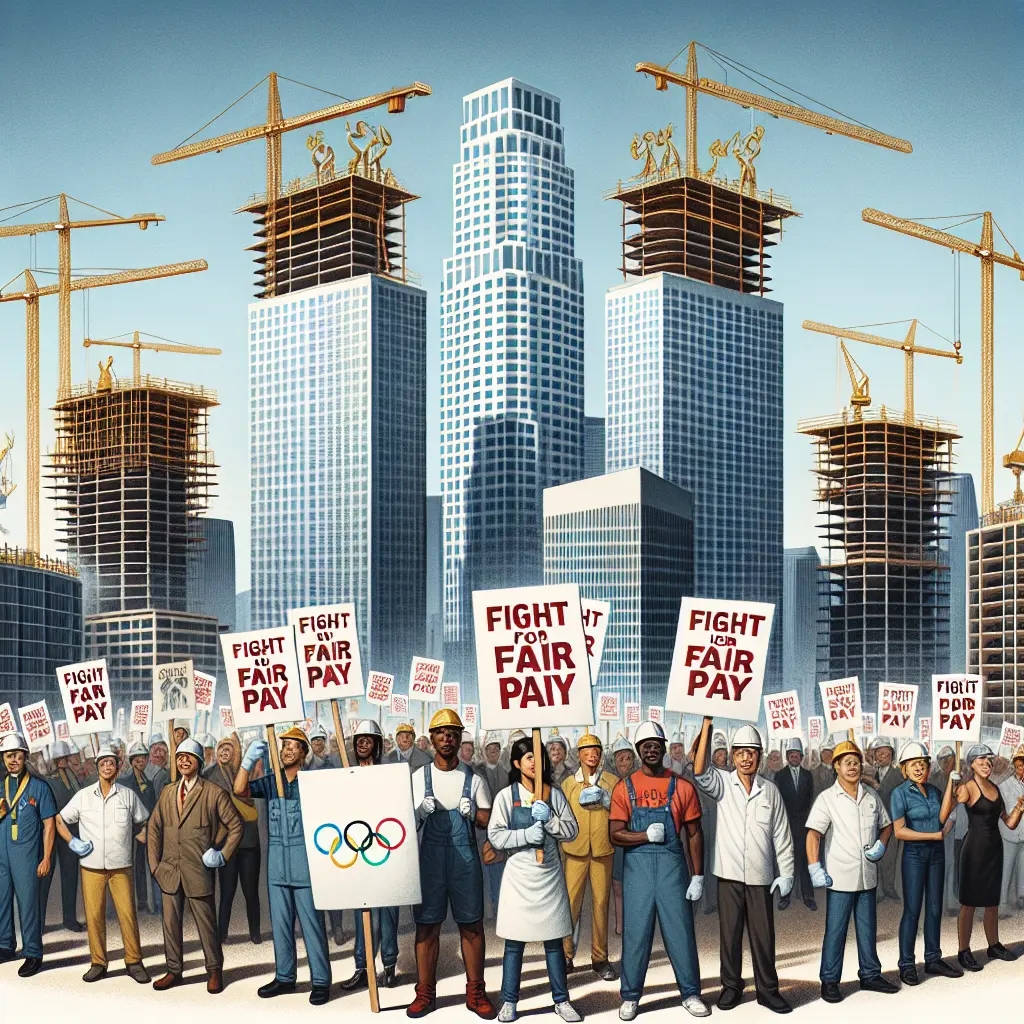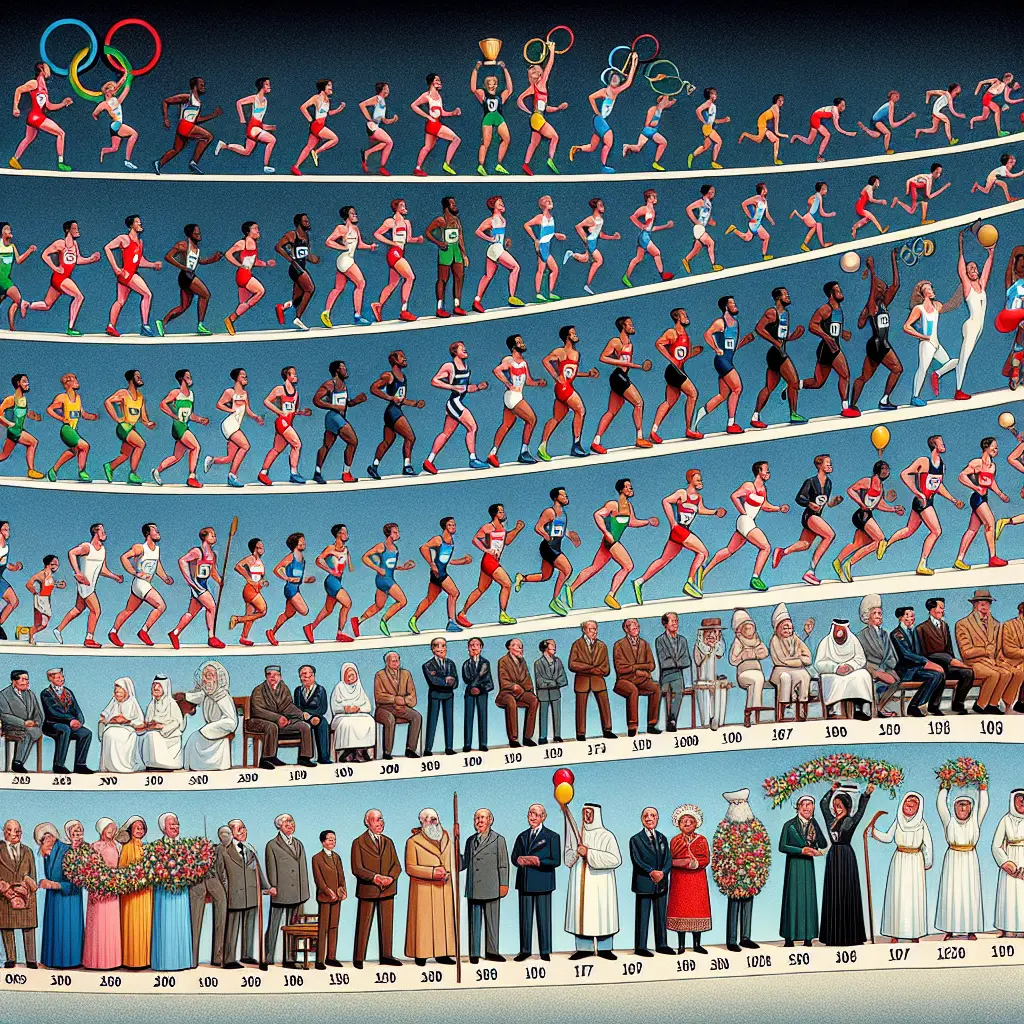As the world eagerly anticipates the 2028 Olympic Games in Los Angeles, the city’s hospitality industry finds itself at a crossroads amidst rising demands for fair wages.
The Olympics have always been a catalyst for transformation in host cities—new infrastructure, global attention, and an influx of visitors all create immense opportunities for economic growth. Yet, the promise of prosperity brings its own set of challenges, especially for those working behind the scenes to ensure every guest has a memorable experience.
LA Hotels Facing Wage Pressures Ahead of 2028
Recently, Los Angeles has been abuzz with news of a proposed $30 minimum hourly wage for hotel workers. This proposal has sent shockwaves through the hospitality sector, particularly among hotels planning significant expansions to accommodate the surge in Olympic tourism. Many establishments are reconsidering their development plans, with some even threatening to abandon projects if the wage hike becomes law.
What’s Driving This Demand?
- Rising Cost of Living: Los Angeles is known for its high living expenses, and workers argue that higher wages are necessary to maintain a decent quality of life.
- Increased Workload: Major events like the Olympics mean longer hours and more demanding work conditions for hotel staff.
- Economic Justice: Employees are advocating for compensation that reflects both their hard work and the city’s booming hospitality market.
Impact on the Olympic Experience
The success of any Olympic Games hinges on seamless logistics and hospitality. Hotel workers are often the unsung heroes who ensure athletes, fans, and media enjoy their stay. A stable and fairly compensated workforce is crucial to:
- Guaranteeing top-tier service to thousands of international guests.
- Preventing labor strikes or disruptions that could tarnish LA’s reputation on the global stage.
- Sustaining the city’s long-term tourism appeal after the Games conclude.
Possible Outcomes for LA’s Olympic Preparation
There are several possible outcomes as Los Angeles prepares for the 2028 Olympics in light of these wage demands. First, stakeholders may find compromises and negotiate solutions that balance fair wages with business sustainability. Second, some hotel expansions might be delayed or canceled, limiting accommodation options during the games. Finally, the industry could turn to innovation by adopting new technologies or streamlining operations to offset higher labor costs.
Each of these outcomes will play a critical role in shaping not only the Olympic experience but also the city’s future as a destination for global tourism and major events.
The Bigger Picture: Balancing Progress and Fairness
Hosting the Olympics is more than a moment in the spotlight—it’s an opportunity to showcase the city’s values. Ensuring workers are compensated fairly is not just an ethical choice; it can also enhance LA’s image as a forward-thinking, inclusive metropolis.
For more details on this developing story, see the original article here.
Collaboration: The Path Forward for Los Angeles
As we look ahead to 2028, it’s clear that the road to the Olympics will require collaboration between businesses, workers, and policymakers. By striving for solutions that uplift all involved, Los Angeles can set a gold-medal standard—not just for athletics, but for equity and opportunity as well.
Thank you for joining me on this journey into the heart of Olympic preparations. Here’s to a future where the Games bring triumph not only to athletes but to everyone who makes them possible.










Leave a Comment